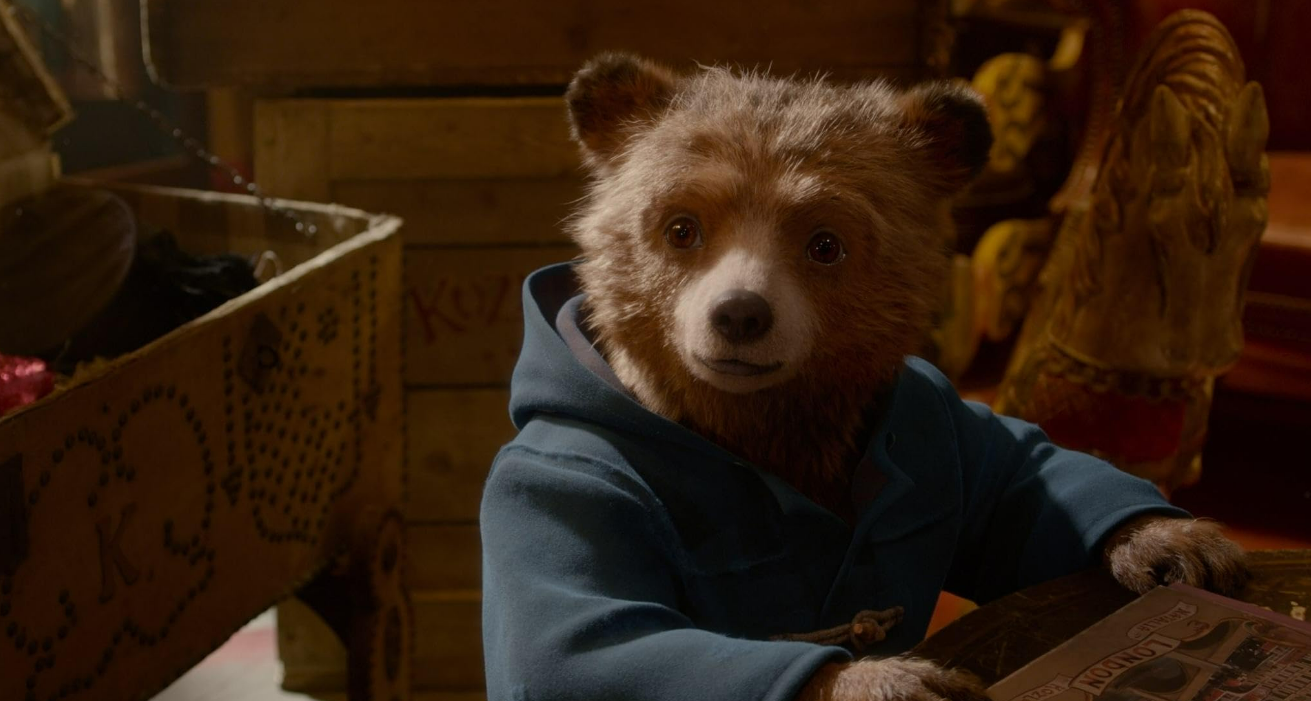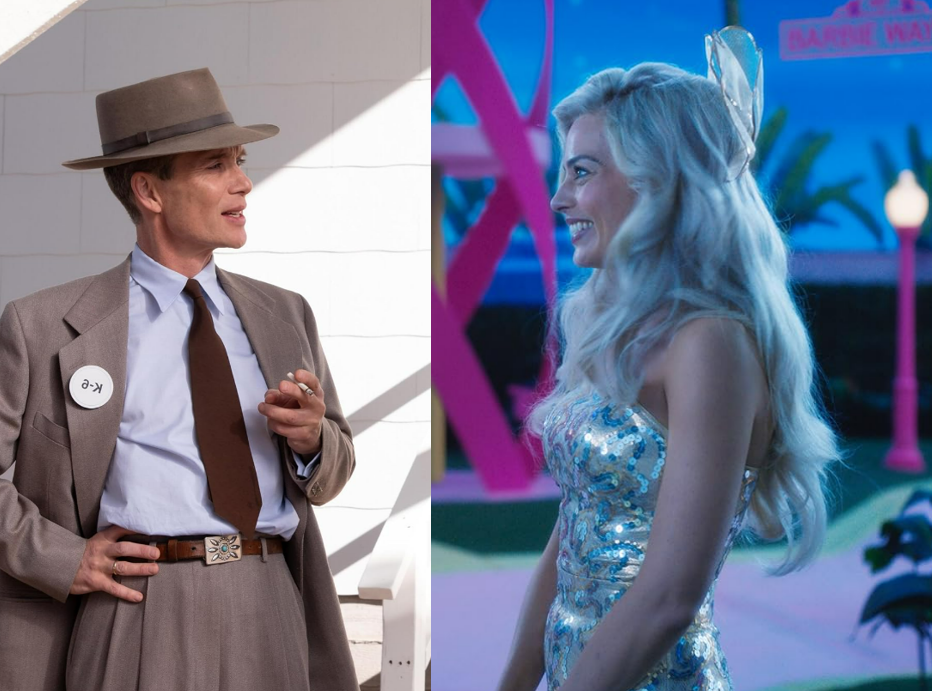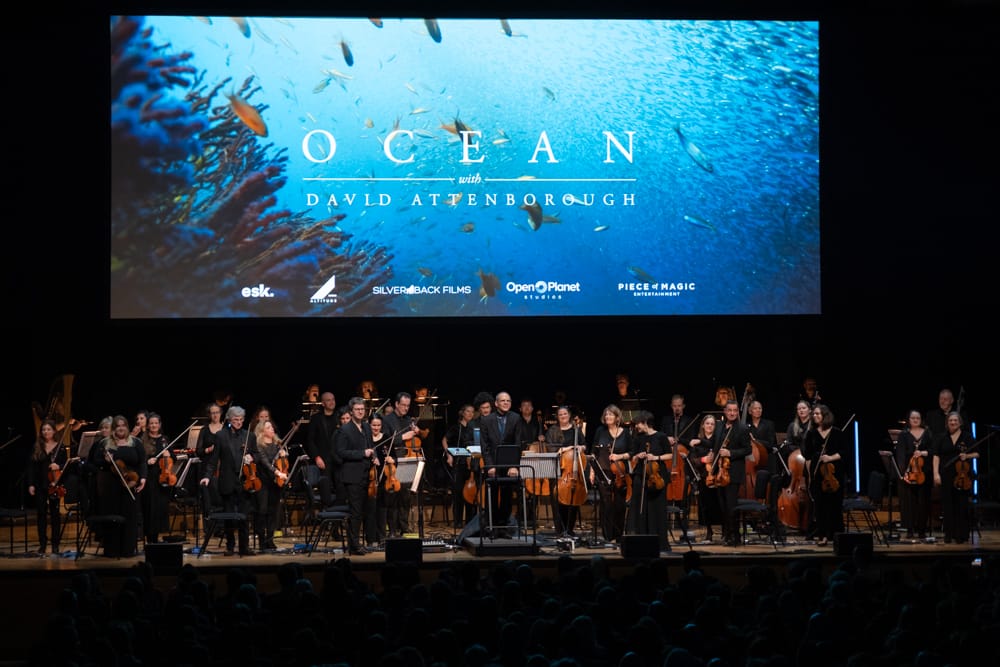By Ellen Jones, Third Year, Politics and International Relations
Judging solely from the reactions of the cinema where I saw Alien: Romulus (2024), you might easily find yourself concluding that the part of the film we all enjoyed most was the call-back to Aliens (1986), when Andy says: “get away from her, you b*tch!”
Alien: Romulus wasn’t a bad film. It wasn’t even a bad Alien (1979) sequel, providing the core trifecta of fan-service, a crew on a mission, and an alien picking them off, one-by-one—what more could we ask from another Alien installation, 45 years since the first came out? Yet at the same time, it’s surely telling that the part of your film that the audience connects most with is the bit where you go: hey, remember this other film, ‘Aliens’? Yeah…wasn’t that one great!
Like the wave of other sequels which are flooding, or are set to flood, cinemas now (including Shrek 5, Jurassic World: Rebirth, Legally Blonde 3, and Mission Impossible: Dead Reckoning Part 2), Alien: Romulus finds itself almost between a rock and a hard place, between hardcore fans of the franchise, already prepared (and sometimes determined) to be underwhelmed, and those who were never Alien fans in the first place, and so even less likely to give it a chance.

The question that ends up forming is, who is this sequel even for? Except that a single glance at the landscape of film today reveals that it is over-saturated by sequels, remakes, and Disney flicks shuffling down the industry conveyer belt and milking our nostalgia for all it’s worth—of the 20 highest-grossing films of 2023, only six were not sequels, remakes or reboots, and of those six, a further three were still adaptations based on pre-existing media or products, like toys or video games. Thus, the question becomes, who are any of these sequels for, and why are there so many?
Of course, not all sequels are destined for lacklustre reception, a famous example of this coming from the Alien franchise itself: Aliens (1986) is generally considered at least as good as Alien (1979), as reflected by the callback it’s honoured with in Alien: Romulus. Similarly, The Godfather II (1974), and my choices for high cinema—Paddington 2 (2017) and Shrek 2 (2004)—are heralded as sequels that not only manage to justify themselves, the make-or-break test for all franchise additions, but may even surpass their predecessors in doing so. Sequels are not few and far between—but genuinely well-received sequels are.
The fact is that along with prequels and remakes, they’re the safest possible bet for the industry—they allow them to capitalise on pre-existing audiences amassed by previous films, with very little promotional work on their part. Whether that audience leaves the cinema satisfied or not is of little consequence to studios who have already pocketed the cost of their tickets.

Following the rise of streaming, the COVID-19 pandemic, and the exploitation of writers and actors which prompted the WGA and SAG-AFTRA strikes of 2023, the industry was in a tricky place; pumping out films with a guaranteed audience was, and remains, the easiest way to make cash. If it ain’t broke, don’t fix it: why risk creating something new and trying to attract interest, when you can release Avatar 3, 4, 5 (seriously), and know you’ve already got it? Such thinking appears to contradict that old adage of capitalism breeding innovation—rather, it feels more like a vending machine: stock it full of three Avatar sequels, another Mission Impossible and a Captain America, and the fans will come to you, cash in hand.
To allay accusations of cynicism: there should always be room for sequels in the industry, both the critically-acclaimed ones and the (allegedly) lazy cash-grabs which stand or fall on their callbacks, but are still lots of fun. But in the interest of the art of filmmaking, there probably shouldn’t be this much room, and the excessive proportion of new releases which are sequels, remakes or additions to an existing cinematic franchise is to the detriment of original pictures which, given the backing, could come to define the current era of film, the way the films all our sequels are based on defined theirs; film critic Matt Zoller Seitz describes this as the ‘decisive defeat of “cinema” by “content.”’
There’s an argument that there must be a trade-off, that cash-cow sequels generate funding which can then be injected into fresher, more creative projects. But you’d be forgiven for looking at the ratio of new films to franchise additions being released, and feeling sceptical that the gazillionth Fast & Furious installation is truly the magnanimous, greased-up benefactor of cutting-edge cinema that this defence would have you believe. If it was, well—where’s all our cutting-edge cinema? Hiding behind Vin Diesel?
The cultural success of films like Barbie and Oppenheimer in 2023, and Challengers this year—whether we liked them or not—demonstrates a genuine appetite for original stories amongst cinema-goers, which studios apparently underestimate. ‘Barbenheimer’ was the memorable cinematic event of last year—not Indiana Jones 5 or Creed III. The industry’s reliance on sequels is stifling opportunities for original art, and failing to give audiences’ curiosity enough credit.

Maybe, then, it’s not the industry which has a sequel problem—perhaps it’s us, the viewers. A widespread weariness with sequels reflects a desire for our own classics like Alien (1979), as much as we want the Aliens (1986) and the Alien: Romuluses (2024) they might go on to inspire—but it takes a willingness from studios, backed by funding, to take risks, and to value their art the way they value their profits. Just as a girl cannot live on vending machines alone, film fans cannot live on sequels, convenient and familiar as rows of Snickers bars and blue aliens in loincloths may be.
What are your thoughts on sequels? Has the industry taken a hit and become oversaturated or do you welcome these expansions on some of the most beloved stories?









